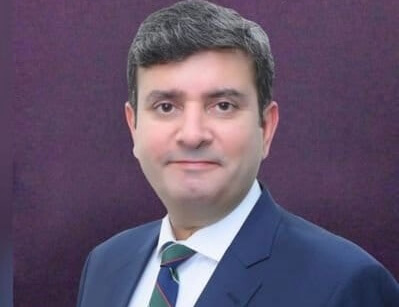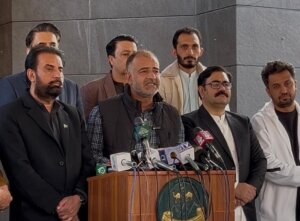By Sheikh Abdul Razaq
Balochistan’s provincial administration is undergoing noticeable change, driven by the leadership of Chief Secretary Shakeel Qadir Khan. Known for his reform-oriented approach, Shakeel Qadir Khan has introduced key initiatives aimed at modernizing government departments, improving service delivery, and optimizing financial management in Pakistan’s largest but least developed province.
Working in partnership with Chief Minister Mir Sarfraz Bugti, Khan’s governance strategy focuses on actionable reforms rather than symbolic announcements. His leadership has been instrumental in reactivating more than 3,200 government schools in Balochistan, providing thousands of children access to education that had long been denied due to administrative gaps.
Similarly, in the healthcare sector, major breakthroughs have been witnessed. In a landmark moment for the province, a government health facility in Baktar village delivered a child for the first time in history—an event that symbolizes growing institutional presence in remote areas.
One of Shakeel Qadir Khan’s standout achievements is the overhaul of Balochistan’s Finance Department. Under his direction, a specialist wing has been created comprising financial analysts, budget experts, and policy planners recruited from the private sector through a transparent hiring process. This team focuses on data-driven fiscal management, budgetary reforms, and economic policy analysis—introducing a level of professional expertise rarely seen in provincial governance in Pakistan.
By separating technical and administrative roles, and returning unnecessary posts to the Services and General Administration Department (S&GAD), the Finance Department now operates as a lean, results-focused unit. This innovation has not only increased financial efficiency in Balochistan but also set a replicable model for public sector reform in Pakistan.
In parallel, non-development expenditures have been reduced, while development project completion rates have increased, reflecting a dual-focus strategy that prioritizes both cost-saving and public benefit.
Shakeel Qadir Khan’s leadership style emphasizes transparency, accountability, and citizen-centric governance—a shift from reactive administration to proactive service delivery. His model shows how reform-oriented leadership can rebuild public trust in government institutions, especially in regions historically marked by underdevelopment and public disillusionment.
As provinces across Pakistan seek to modernize their public sectors, Balochistan’s experience under Shakeel Qadir Khan offers a working example of what 21st-century governance reforms can look like—where education, healthcare, fiscal responsibility, and public service delivery go hand in hand with administrative efficiency.






